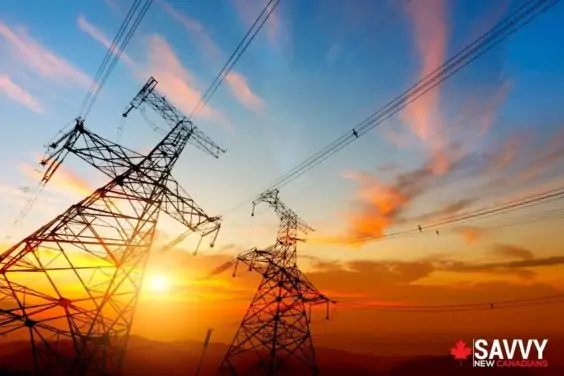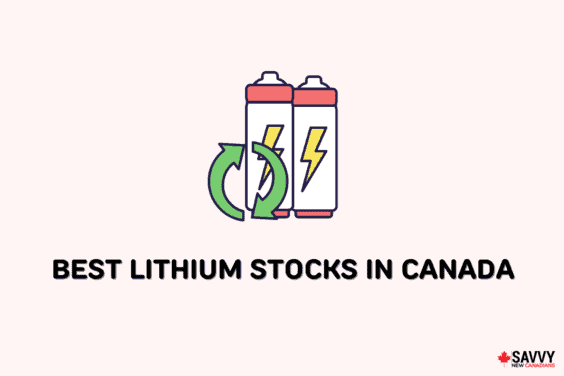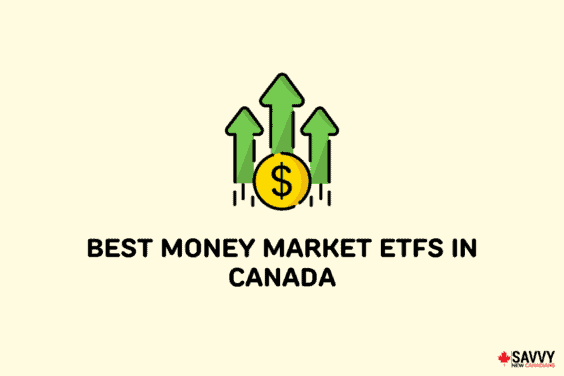Canada is known to be a country that is rich in natural resources. So, it should come as no surprise that it is one of the world leaders when it comes to hydrogen production. It is anticipated that Canada will trail only the United States and Germany in green hydrogen production by 2030.
With stats like this, Canadian investors should be looking at some of the green hydrogen stocks on the TSX. The global hydrogen industry is still in its infancy, and hydrogen stocks could provide a tidy return over the next decade.
Investing in hydrogen stocks is a play on the global shift towards clean and renewable energies. Some sectors using hydrogen include hydrogen fuel cell vehicles, agriculture, and industrial applications.
In this article, we’ll discuss 3 of the best hydrogen stocks in Canada for April 2024.
Best Hydrogen Stocks in Canada for 2024
1. Ballard Power Systems Inc
Here are some key facts for Ballard Power Systems Inc:
- Ticker Symbol: TSE: BLDP
- Market Cap: $1.71 billion
- Industry: Hydrogen Fuel Cells
- 52-Week Trading Range: $4.07 – $9.28
- 1-Year Returns: -48.20%
Ballard Power is often considered the best hydrogen stock to own in Canada. This hydrogen fuel cell producer was founded in 1979 and is headquartered in Burnaby, British Columbia.
The company is primarily involved in the production of hydrogen fuel cell-powered vehicles. These include transit buses, delivery trucks, trains, marine vessels, and even drones.
Ballard operates in many international markets, including China, where it partnered with Weichai Power to create hydrogen-powered forklifts, buses, and trucks. It also partnered with German automaker Audi to research and develop hydrogen fuel cells for cars.
BLDP stock surged to multi-year highs in 2021, reaching about $50.00 per share. The stock has pulled back by more than 85% since then and is still trading at 18 times its annual revenue.
With considerable growth ahead of Ballard and the hydrogen industry, the stock could certainly see better days in the future.
2. Loop Energy Inc.
Here are some key facts for Loop Energy Inc:
- Ticker Symbol: TSE: LPEN
- Market Cap: $23.98 million
- Industry: Hydrogen Fuel Cells
- 52-Week Trading Range: $0.69 – $2.72
- 1-Year Returns: -73.58%
Loop Energy is another hydrogen fuel cell producer in Canada, although this company is significantly smaller than Ballard. It was established in 2000 and, like Ballard, is also based out of Burnaby, BC.
This stock debuted on the TSX at the right time, and Loop capitalized on the fervour around hydrogen stocks. Shares touched an all-time high price of $17.44 on its first day of trading, but unfortunately for investors, it has been downhill ever since.
The company itself focuses on producing hydrogen fuel cells for commercial vehicles. Like Ballard, it works closely with companies that operate transit buses, medium and heavy trucks, trains, and marine vessels.
Loop has a sales focus in China and the European Union and has production facilities in Canada, China, and the UK.
As of April 2023, Loop is trading at its all-time low price. With an estimated total addressable market of $64 billion, the company wants to continue growing its international presence. If it can execute, the current share price of about $0.77 could be a bargain.
3. Plug Power Inc
Here are some key facts for Plug Power Inc:
- Ticker Symbol: NASDAQ: PLUG
- Market Cap: $5.09 billion
- Industry: Hydrogen Fuel Cells
- 52-Week Trading Range: $8.37 – $31.56
- 1-Year Returns: -60.12%
During the hydrogen and clean energy bubble in 2021 that sent these stocks to astronomical levels, shares of Plug were trading in the upper $70 range. Since then, Plug’s chart has been a steep decline to the bottom right corner.
The company is considered a pioneer in the fuel cell market. While it has produced fuel cells for trucks and has a partnership with French automaker Renault, Plug has seen much of its business from forklifts and other industrial machinery. It received a $1.5 billion investment from Korean industrial giant SK Group in 2021.
Like much of the hydrogen industry, Plug’s stock has lost more than 60% over the past year. Recently, Plug received two Wall Street analyst downgrades which have further hurt the stock.
Now that Plug is trading at just eight times annual revenues, we could see some decent upside from here.
What are Hydrogen Stocks?
Hydrogen stocks are companies that are involved in the production or extraction of hydrogen. Like the stocks on our list, hydrogen fuel cell companies dominate the industry right now.
With the global push to adopt clean and renewable energies, hydrogen stocks could have a bright future. The abundance of hydrogen on this planet is one reason why hydrogen is considered to be a leading candidate for the mass adoption of clean energy.
How to Invest in Hydrogen Stocks in Canada in 2024
Canadians have plenty of options when it comes to investing in hydrogen fuel stocks. There are plenty of hydrogen companies that trade on the TSX that are available at any brokerage in Canada.
Questrade

Trade stocks, ETFs, options, FX, bonds, CFDs, mutual funds, etc.
Get $50 trade credit with $1,000 funding
Low and competitive trading fees
No quarterly inactivity fees
Access to advanced tools and trading data
Top platform for advanced traders
Transfer fees waived
Qtrade

Up to $150 sign-up bonus
Trade stocks, ETFs, options, bonds, etc.
Excellent platform for newbies and seasoned investors
Competitive trading fees
Excellent customer service
How To Choose Hydrogen Stocks For Your Portfolio
Much of the focus in the hydrogen industry is on producing fuel cells for vehicles. Choosing between these hydrogen stocks can be tricky. For our stock analyses above, we used price-to-sales multiples to determine the relative value of each stock.
You can also research each company to find out any recent partnerships or new markets they are serving. With high-risk growth stocks like hydrogen stocks, it is important to have a forward-looking outlook of what the company can one day become.
Downsides of Hydrogen Stocks
As with any young industry, hydrogen stocks come with inherent risks. The performance of all three of these hydrogen stocks over the past year indicates the volatility for emerging industries.
Apart from the risk, most hydrogen companies are not yet profitable. This means you typically will not receive a dividend from most hydrogen stocks.
On top of that, growth from these types of companies is not always linear. These stocks can always go much lower, even if the company continues to execute well.
There are also a lot of competing forms of renewable energy. There is no guarantee that hydrogen will win out in the future over other sources of power.
Methodology
There is not a lot of variety yet in the hydrogen industry. This is indicative of an industry that is still in the early stages of development.
Using price multiples for the stock is a great way to see relative valuations. Also, look for rising sequential revenue growth and a healthy balance sheet with well-managed debt.
FAQs
In Canada, Ballard Power is the largest publicly traded hydrogen company. In the US Markets, companies like the German Linde Group (NYSE: LIN) and BP plc (NYSE: BP) are two energy giants that are heavily involved in hydrogen.
On the TSX, Ballard Power is the most valued hydrogen stock. On the US markets, there are plenty of hydrogen companies that are larger, including Plug Power, Linde Group, and BP plc.
In Canada, there is only one hydrogen-focused ETF. It is the Horizons Global Hydrogen Index ETF (HYDR.TO). On the US markets, there are a few ETFs dedicated to hydrogen, including the Global X Hydrogen ETF (NASDAQ: HYDR) and the Direxion Hydrogen ETF (NYSEARCA: HJEN).
Related:






